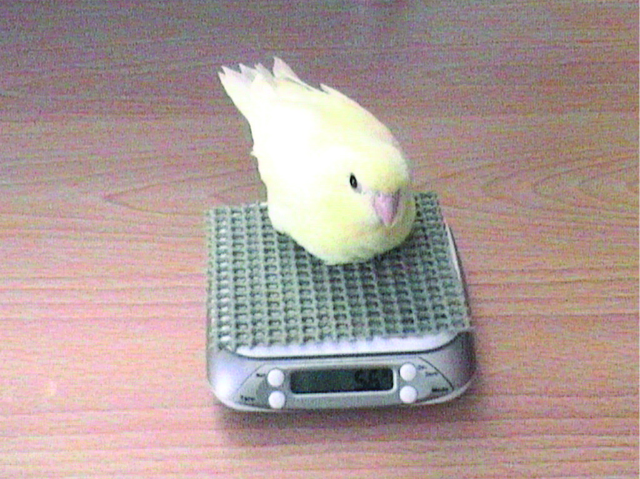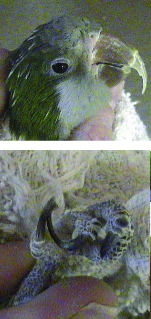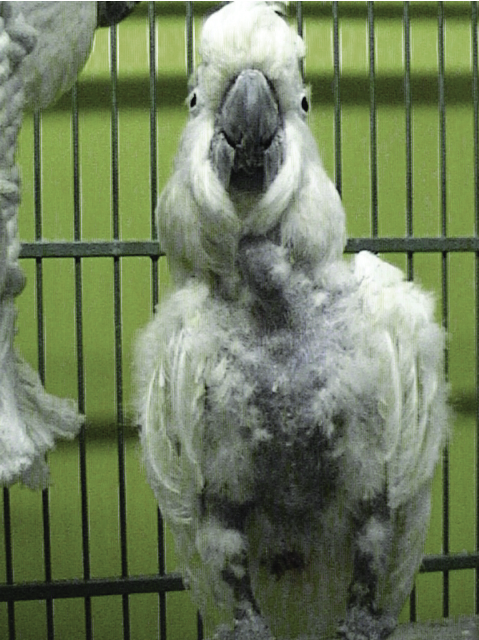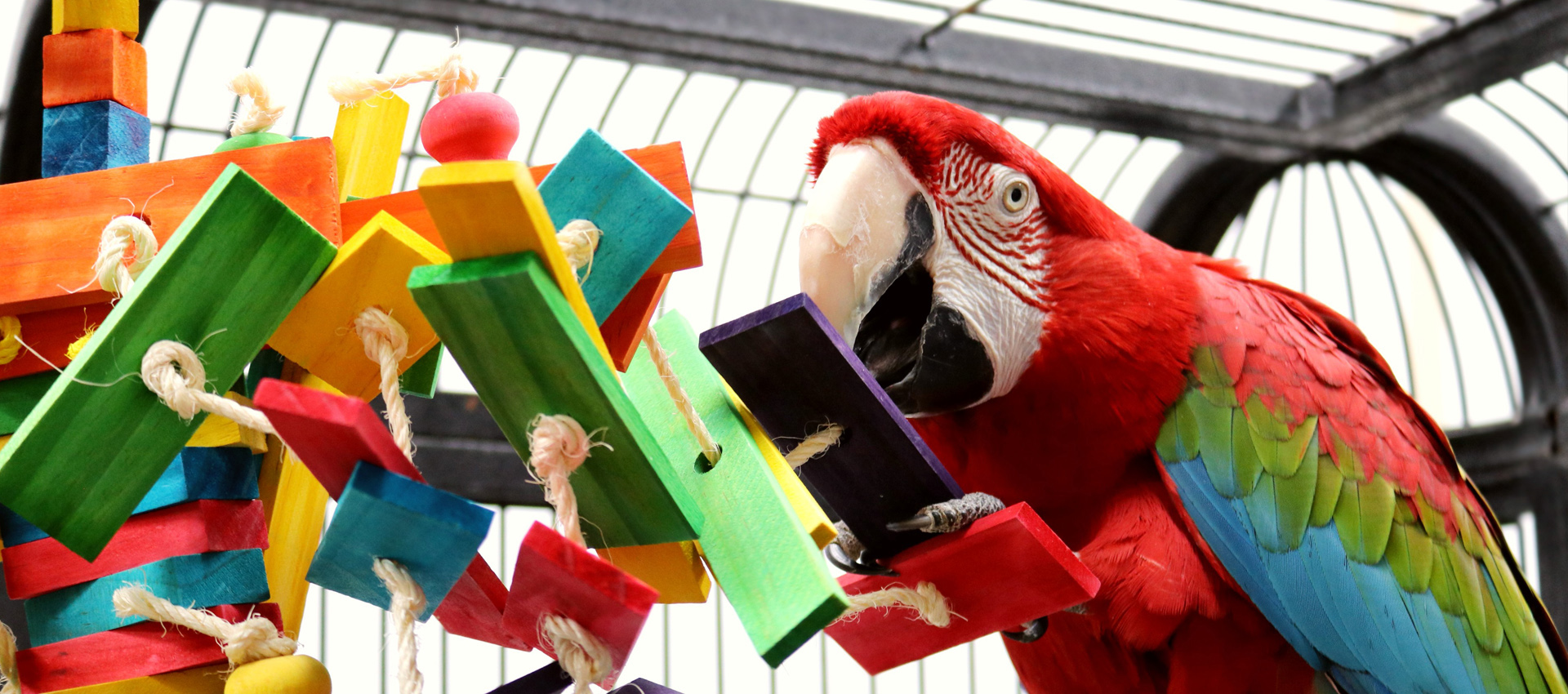Your cart is currently empty!

HARI Official Brand Site

An aging bird might need to have special modifications made to its enclosure to facilitate and stimulate activity & movement.
Older birds, sometimes referred to as “senior” or “geriatric” birds, often have special needs and health care requirements. A thorough physical exam and preventive health program should be done annually to detect any changes related to aging. Signs of an aging bird are the feathers that are faded and losing their luster. Delayed molting can also result in feather depigmentation.
Older birds should always be closely monitored for weight loss or obesity. Their activity and metabolism slow down, and therefore their caloric needs must be re-evaluated periodically. Nutrition is extremely important for your geriatric avian companion (geriatrics should be weighed frequently).

Some geriatric birds suffer with arthritis, bone and joint problems and neglect to preen themselves. You should carefully help them to groom themselves. Hepatic problems and malnutrition often result in overgrown beaks and nails. Frequent grooming of the nails as well as providing various perches of different textures and diameters is essential to allow older birds to be comfortable. Neglecting to trim overgrown nails can result in accidents as well! Stiff joints and thinning of the skin on the feet as well as depigmentation of the feet in spots has also been noted in some aging parrots. Cage set-up and perches must be adapted for your aging feathered companion.


Many aging pet birds suffer from malnutrition and hyper-vitaminosis causing renal failure. Urinalysis, x-rays and blood chemistry can be performed to confirm the diagnosis. A complete eye exam can screen for cataracts, corneal disease, uveitis, iris color change and degenerative vision conditions.
The choana in the upper mandible of the oral cavity should be examined for swelling and deterioration of the choanal papillae. The absence or blunting of the choanal papillae can be indicative of malnutrition and lack of vitamin assimilation. Secondary bacterial and fungal infections are complications of this condition. Hypovitaminosis A, calcium deficiency & obesity can result in sinusitis & flaky beak condition. Aging birds should have their diets closely monitored and reevaluated upon each veterinarian visit.

Culturettes are used to sample the choana and cloaca of your bird to screen for bacterial and fungal infections of the respiratory and digestive tract. Your veterinarian will recommend screening tests be performed yearly to detect any abnormalities and to establish a database of your bird’s normal flora.
An aging bird might need to have special modifications made to its enclosure to facilitate and stimulate activity & movement. The environmental conditions surrounding its cage should be draft and stress free, possibly slightly warmer. Rope perches are ideal for aching, arthritic feet, and softer woods should be offered to chew on if the beak condition is deteriorating.

Take advantage of our resource hub, which provides a variety of quick links to aid you in your research endeavors.